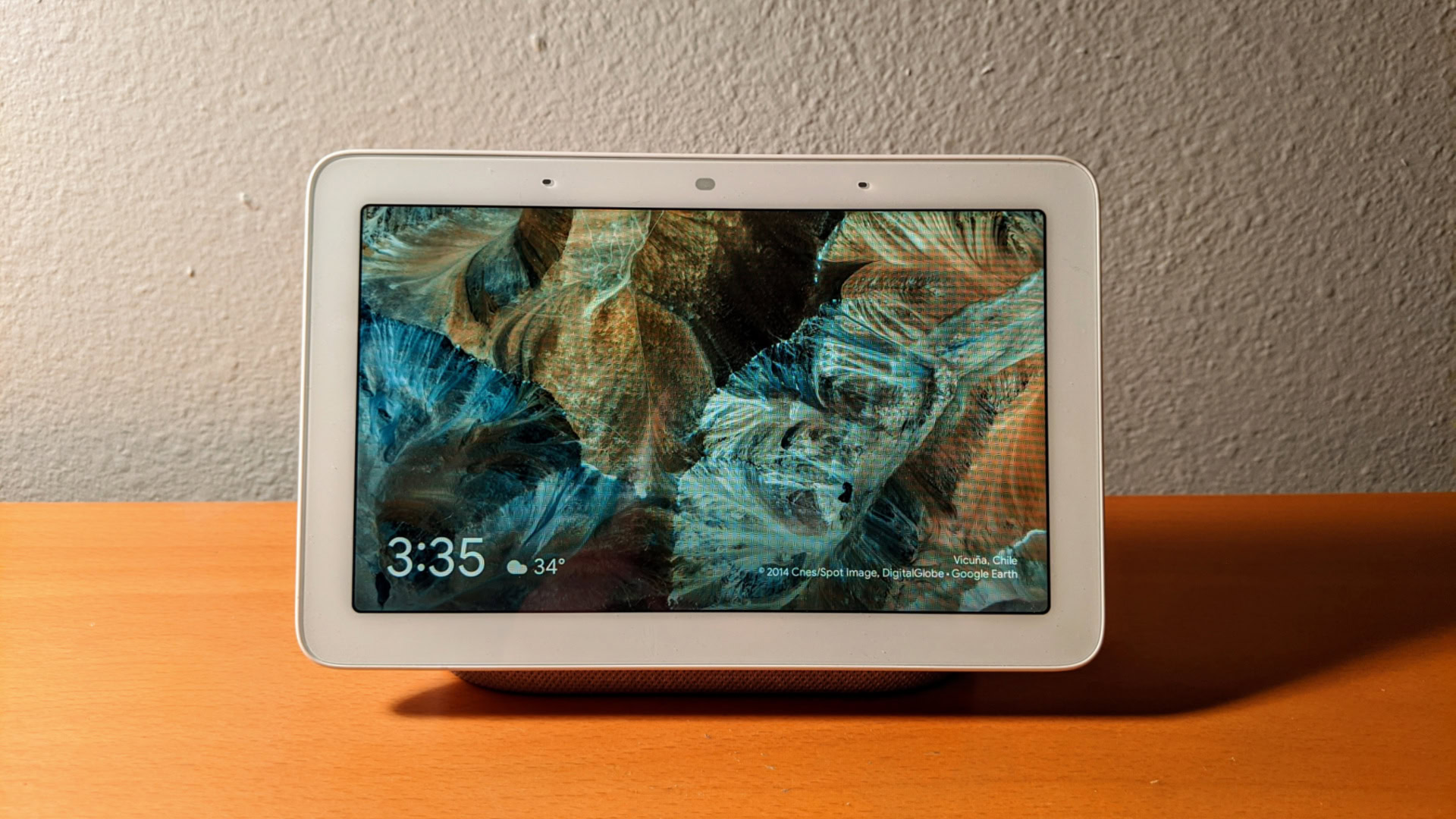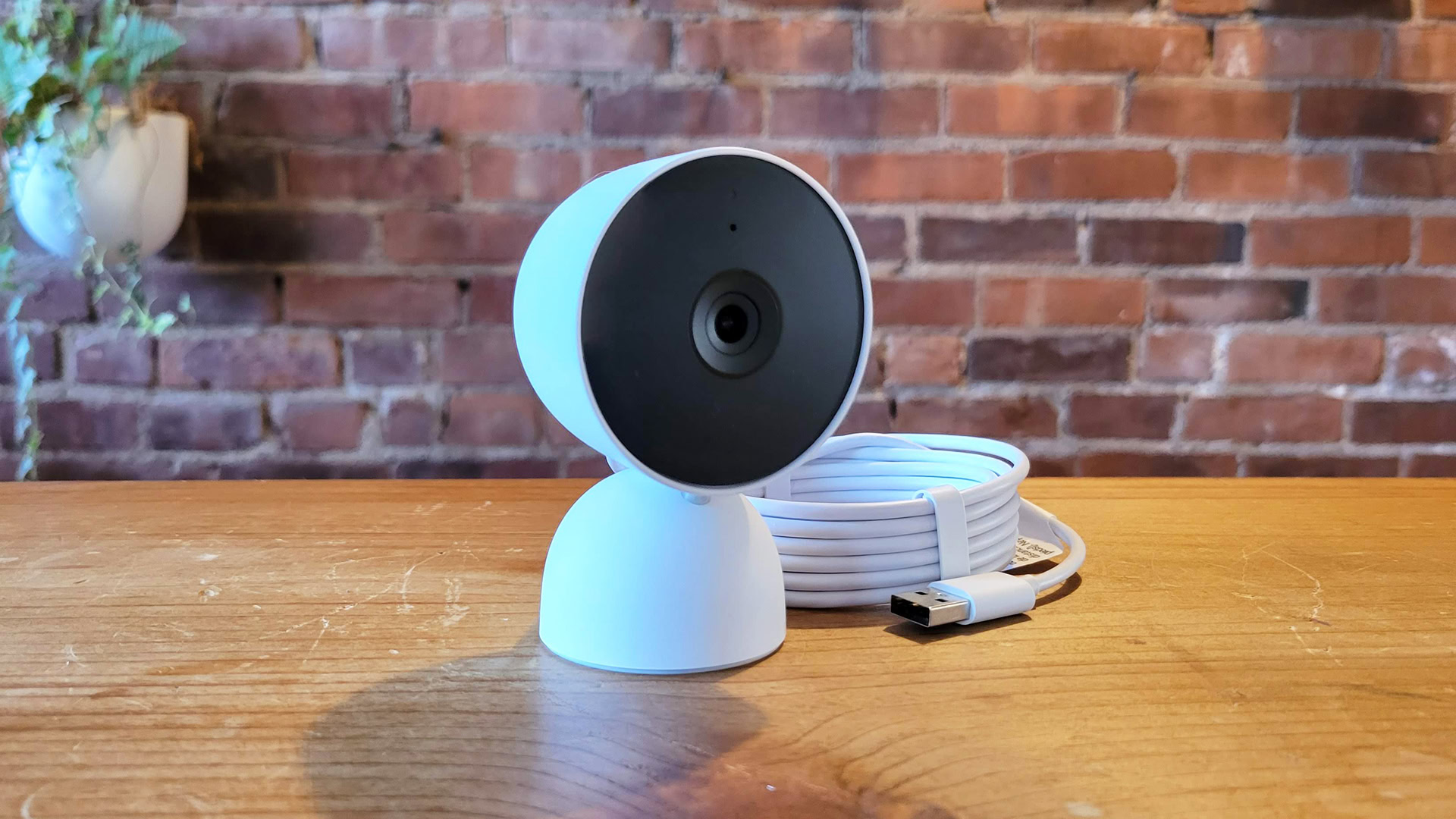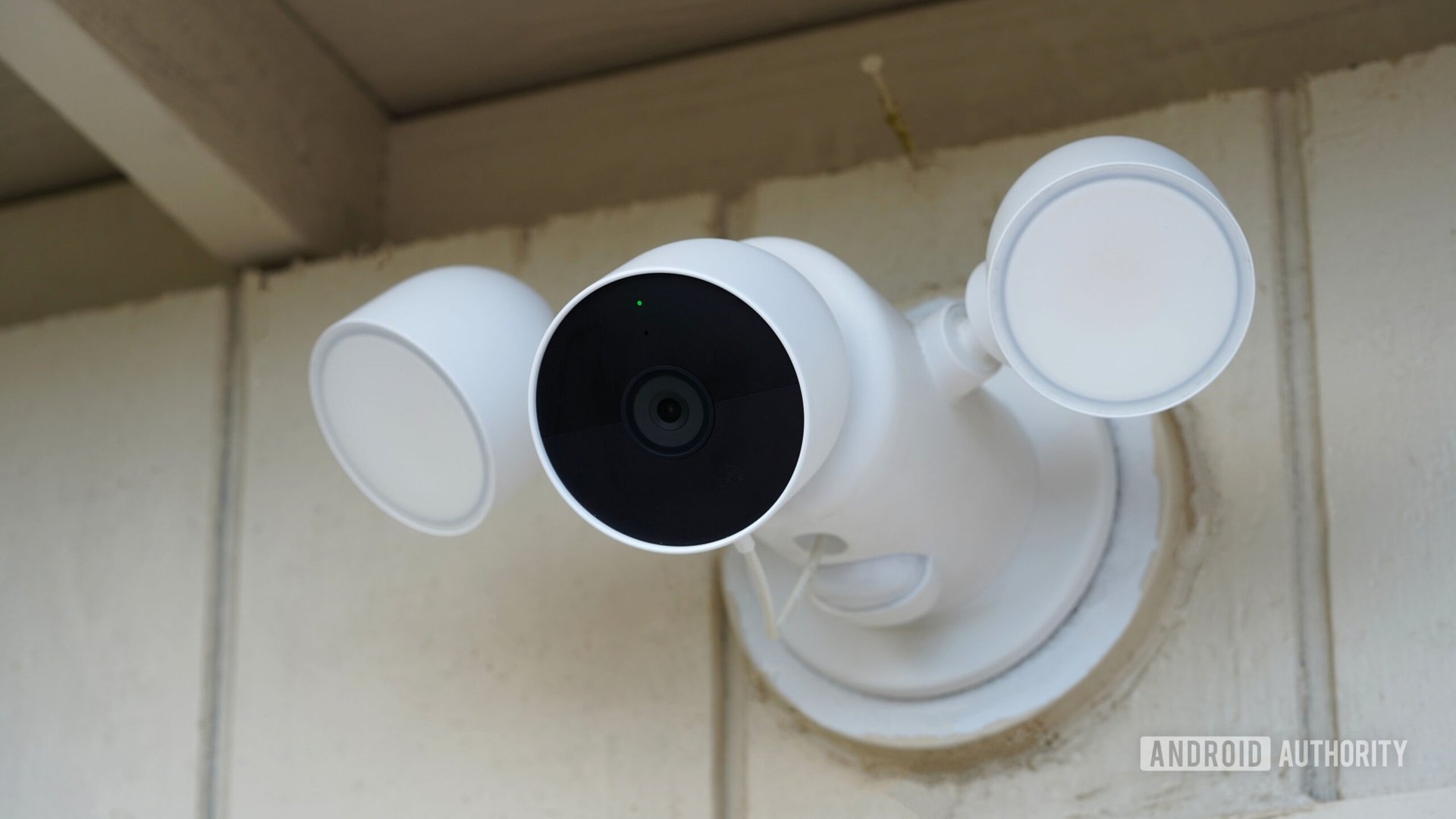Affiliate links on Android Authority may earn us a commission. Learn more.
10 years of Google owning Nest, and things are still a mess
February 13, 2024

In 2010, a pair of former Apple engineers started Nest Labs. The company’s debut product, the Nest Learning Thermostat, was an instant hit. Just under four years after its founding, in January 2014, Google swooped in and bought Nest Labs for $3.2 billion in cash. Google wanted to get into the smart home game, and buying Nest was the easiest way to push its foot in the door.
When Google announced the deal, it made a bunch of promises. It promised to keep privacy paramount, not change existing warranties, and continue supporting current products. Unfortunately, the company never promised to make the transition smooth, and it certainly hasn’t been.
Now, here we are 10 years later, and Google’s acquisition of Nest has been…well, let’s just say “messy.” It hasn’t been all bad, of course, but the problems we still have now, a decade after the deal was closed, are remarkable.
How happy are you with Google owning Nest?
Google and Nest: What’s still a mess?

When Google first purchased Nest, the Nest app was the only way to interact with its products. While not the greatest app in the world, it worked just fine for operating Nest devices, which at that point included two generations of the Learning Thermostat and the Nest Protect smart smoke alarm. That remained the case in the early years of the deal, with the Nest app controlling the best Nest gear, including cameras, doorbells, security systems, and more.
Eventually, Google started adding support for Nest products in the Google Home app. This made things slightly confusing, but you would still set up everything in the Nest app first, so it wasn’t a total mess. It was akin to setting up your lights in the Philips Hue app, but also having the option to control them in Google Home.
In 2021, however, Nest launched products that, for the first time, required the Google Home app and were incompatible with the Nest app — the 2021 indoor and outdoor cameras. At this point, it was clear that Google would eventually kill the Nest app and push everyone to use the Home app instead. We foresaw an inevitably chaotic period but expected Home to swallow Nest within a year, maybe two, tops.
The Nest ecosystem is still split across two apps, which creates way too much confusion.
Welp, here we are in 2024, and the Nest app is still around. In fact, you still must use the Nest app for certain products, such as Nest Protect and the Nest x Yale smart lock, two products Google actively sells today. Remarkably, the Nest Protect doesn’t even appear in the Home app at all, which means it cannot be a part of any Google Home-based automation. Other third-party sensors are supported by Google Assistant and the Home app, but not Google’s own.
Additionally, many features of the Nest app aren’t supported in the Home app. For example, you still cannot set up a weekly schedule for your Nest thermostat in the Home app, but you can do so in the Nest app. This is all unbelievably confusing from a consumer perspective.
Honestly, I might be able to look the other way on a lot of this if Nest hardware was priced well and offered plenty of cutting-edge features to make up for it. However, Google also fails on both counts. Nest hardware is usually some of the most expensive on the shelf while offering years-old features. For example, it was only in 2021 that Nest launched any kind of a wireless outdoor camera (a fact that still shocks me to this day), and its starting price was $180 — much, much more expensive than similar wireless security cams. The company doesn’t even actively sell any cameras with 4K support (the Nest Cam IQ supported 4K, but it was discontinued in 2021), while 4K is ubiquitous on the market from cameras that are half the price of a Nest model.
Finally, there are also so many smart home gadget categories that Nest has no presence in, such as lights, switches, plugs, weather meters, blind/curtain controls, and on and on. I’m sure Google could make some amazing products in these categories, but nope.
In brief, the Nest portfolio is thin, and the devices it does have are behind the competition and overpriced. Meanwhile, Google’s app situation is pure chaos. It’s unbelievable that I can say these things 10 years into a $3.2 billion acquisition.
To be fair, there have been improvements
It would be unfair to Google and the Nest team to spend an entire article bashing them for not making the most of the past 10 years. To the company’s credit, there have been some terrific improvements to Google’s overall smart home strategy.
Despite the inconsistencies with the Nest app, the Home app has become one of Google’s best products. In the past two years alone, we’ve seen significant strides, such as the introduction of a web portal and the ability to manually create automations through code (and use generative AI to do it!). Google even brought over some essential Nest app features, such as the ability to save any video clip captured by your cameras, not just the ones Google labels as an event. The 2023 Home app redesign is also well-liked, with plenty of options for customization and organization.
For all the problems the Google/Nest partnership still faces, we've seen some great improvements in the past few years.
Google is also doing a great job building a proper ecosystem for its hardware, and Nest is an integral aspect. Google smartphones, tablets, and wearables all integrate pretty well with Nest devices. Sure, the ecosystem isn’t nearly as robust as what we see from Apple, but even as recently as CES 2024, Google launched a slew of new features that brought all of its devices closer together. I discuss this in-depth in the video embedded above.
Nest also has some industry-leading products. Even today, the Nest Learning Thermostat is unparalleled in its elegance, simplicity, and effectiveness. The Google Nest Hub Max, launched in 2019, is still the best smart display you can buy and an integral device to any Google-based smart home. Remember when Google tried to get people to drop it for the much more powerful Pixel Tablet, and most Nest Hub Max owners balked — including me? That should be all you need to know about how terrific the Nest Hub Max really is.
Google deserves a lot of credit for these successes, even if the messiness of the experience brings it all down.
What do the next 10 years hold?

The fact that Nest hasn’t been sold off or pushed to the infamous Google Graveyard is a testament to its staying power. Yes, there are many problems, but Google isn’t pulling the plug like it did with some of its other messy acquisitions (*cough* Motorola *cough*). There is every reason to believe Nest will survive another decade — possibly even beyond. What do we hope to see by then?
Obviously, the top priority should be to clean up the software mess. The Nest app needs to be put to bed and every Nest-branded product needs to have complete compatibility with Google Home. This needs to happen yesterday. Of course, Google could also do the opposite and move all Nest products back to the Nest app — but the chances of that happening are near zero, so full investment in Home is key.
A unified app strategy, and better and more products are essential for Nest's survival.
Google should also expand its Nest portfolio. There were no new Nest-branded products launched in 2023. So far, we have no solid rumors of any Nest hardware launching in 2024. We don’t think Nest needs to be like Amazon and launch a dozen new products every year, but more than “zilch” is probably a good idea.
Nest also needs to make its products more competitive, both by being more feature-rich and better priced. I shouldn’t need to sacrifice something as integral as 4K for a nearly $200 security camera, and I shouldn’t need to spend $250 on a thermostat that last saw a refresh in 2015.
Really, though, Google needs to be thanking its lucky stars that Apple still has little presence in the smart home world. Yeah, the HomePod and Apple TV could be considered smart home products, but it takes more than that to be a player. Just look at Amazon and its Ring, Blink, Echo, and Fire TV ecosystem! Despite its squandering over the past 10 years, and despite lagging behind Amazon, Google is still head and shoulders above Apple, and it needs to take advantage of that lead. I can only hope the next decade doesn’t show Apple launching a smart display or a security camera and Nest’s mindshare going up in smoke as a result.
What do you hope to see from Nest over the next decade? Let us know in the comments below!